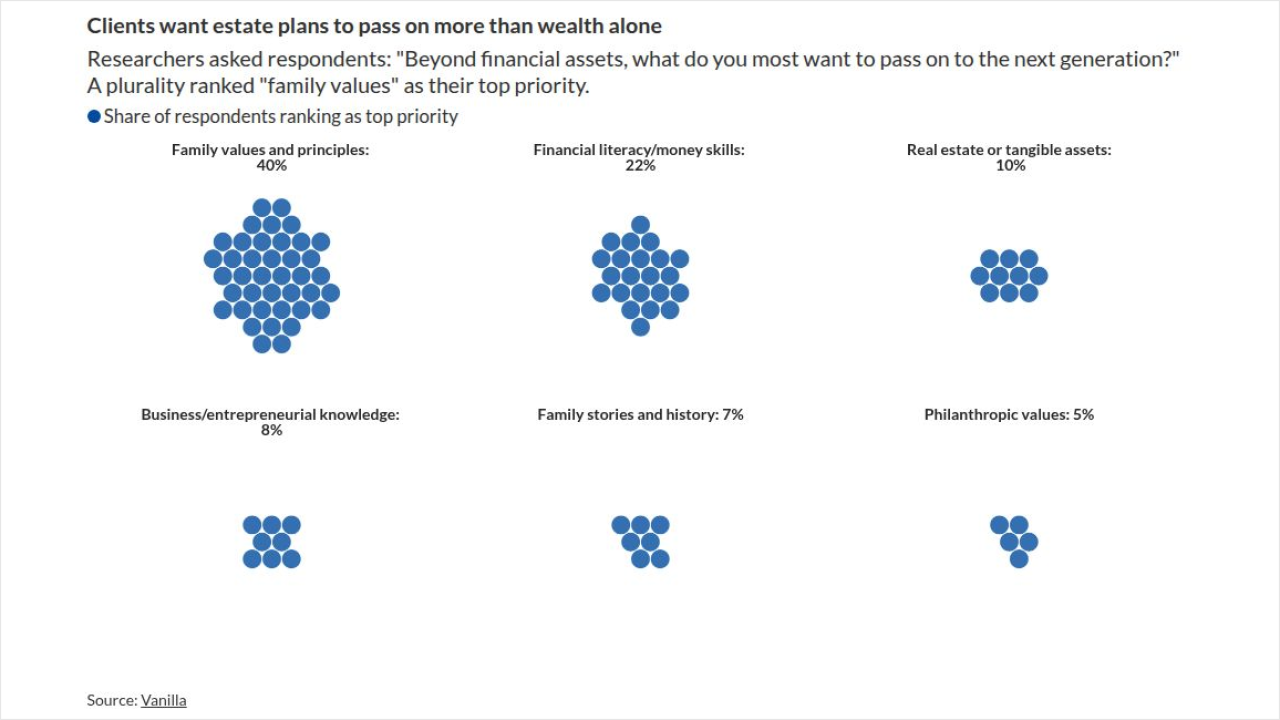Whether it is a downsized money management firm trying to gauge the best time to recruit, or an out-of-work securities analyst wondering where opportunities lie, deciphering the current difficult job market for clues as to when to hire or where to look for work can be confusing and frustrating. And many mutual fund and investment firms are taking advantage of the fact they are in the driver's seat, but this shortsightedness might come back to haunt them once the market turns around.
In the wake of significant Wall Street-related job cuts, some firms, such as Dresdner RCM Global Investors (DRCM) for example, have already moved to adopt aggressive recruiting efforts as a means of taking advantage of what DRCM Chief Investment Officer Ian Vose sees as a glut of available talent.
Still other firms, such as San Francisco's McMorgan & Co., run test ads for positions such as senior portfolio manager because the firm is "just looking to see what's out there," McMorgan Chief Operating Officer Robert Barron said.
Knowing which firms are hiring can be an advantage, not only to potential employees, but also to employers wanting to benchmark their decision to recruit against the recruiting pace of their peers. However, the investment industry is so diverse in its makeup, that fragmentation occurs between the different sizes and structures of investment firms. This divergence makes it difficult, if not impossible, to chart a common trend in recruiting, according to David Tittsworth, the executive director of the Investment Counsel Association of America.
Washington-based ICAA represents over 300 Securities and Exchange Commission-registered investment companies, but Tittsworth said there is little way for the organization to chart exactly where recruitment activity is taking place. The only thing for certain, he said, is that many who used to be in the investment industry no longer have their old jobs.
"There is no question that there has been a lot of firms that have trimmed their staffs across the board," Tittsworth said. "There's huge fragmentation in the investment management business. What's true for a Pimco is probably not going to be true for many firms with seven or 10 employees."
Recruitment professionals who perform headhunting services for firms and individuals alike recognize the fragmentation of the industry as far as hiring trends go, said Paul Olschwanger, managing director of Olschwanger Partners, LLC, a Dallas-based executive search consultant. Olschwanger said the lack of visibility concerning the current state of recruitment in the investment industry could contribute to additional problems down the road, particularly when the economy improves and companies begin hiring in obvious mass.
Few Looking Long Term
"There is the perception that the beach is crowded, and it very well may be in many cases and in many areas," Olschwanger said. In assuming "there is a glut of talent, employers are less willing to go the extra distance to give prospective employees exactly what they want, feeling that they have so many other options."
This temptation to try and get a lowball deal on a new employee may benefit an employer's bottom line initially, but the long-term effect is instability for the organization, Olschwanger explained.
"It creates more of the potential for more future turnover, as employees discover that what they have is not exactly what they wanted," Olschwanger said.
For job seekers in the industry, the positive side of any uptick in hiring is that at least firms have begun dusting off their recruitment processes, explained Edward Oppedisano, the chairman of Oppedisano & Co, a Manhattan-based executive search firm. "In terms of the asset management industry, we have seen a growth in the number of [recruitment] projects over the last four- to six-weeks," Oppedisano said.
"For whatever the rationale, there has been an assessment of what [a firm's] needs have been, and I presume there has been an assessment of the state of the world."
Oppedisano warned that the increase in recruitment projects should not be confused with an all-out surge in hiring across the board, but said he was optimistic that more firms were at least taking action concerning their staffing needs.
"At least firms are acting on their curiosity regarding hiring. Because six-months ago they did not act on it, but now they are," he said.
Copyright 2003 Thomson Media Inc. All Rights Reserved.
http://www.thomsonmedia.com, http://www.mfmarketnews.com





